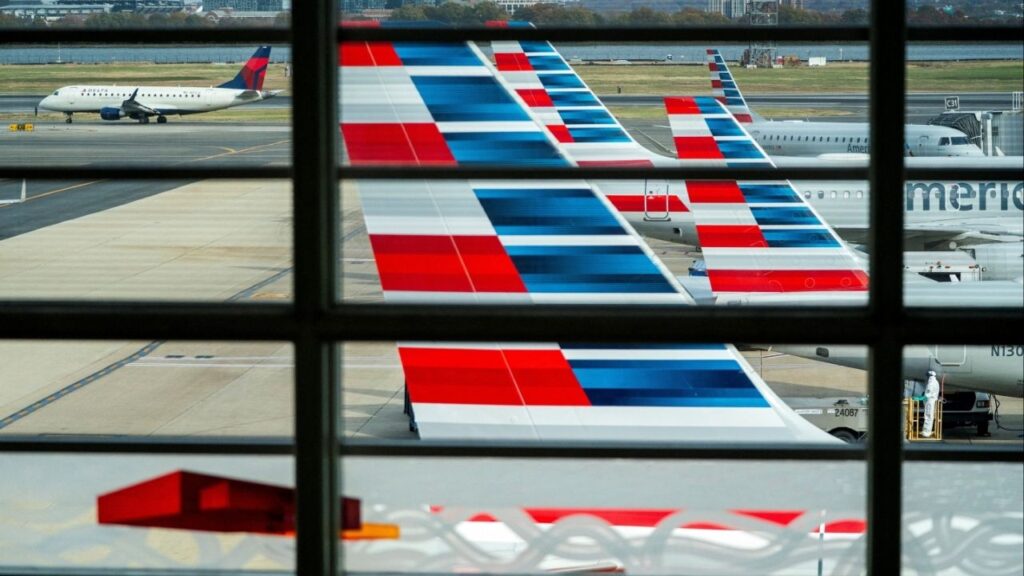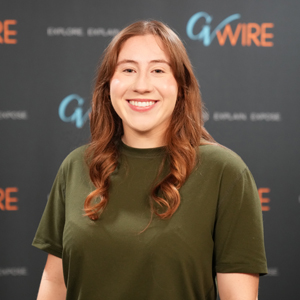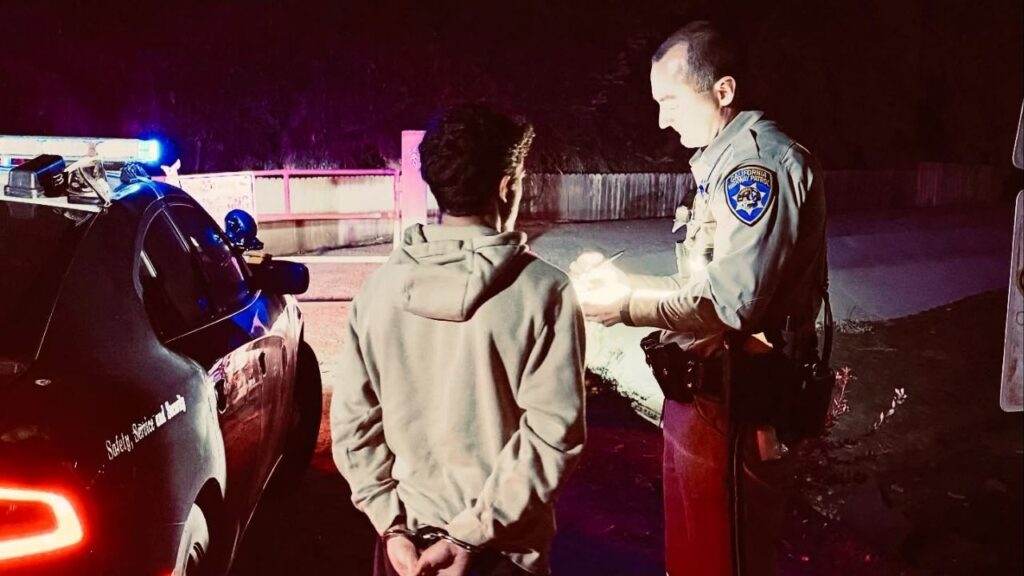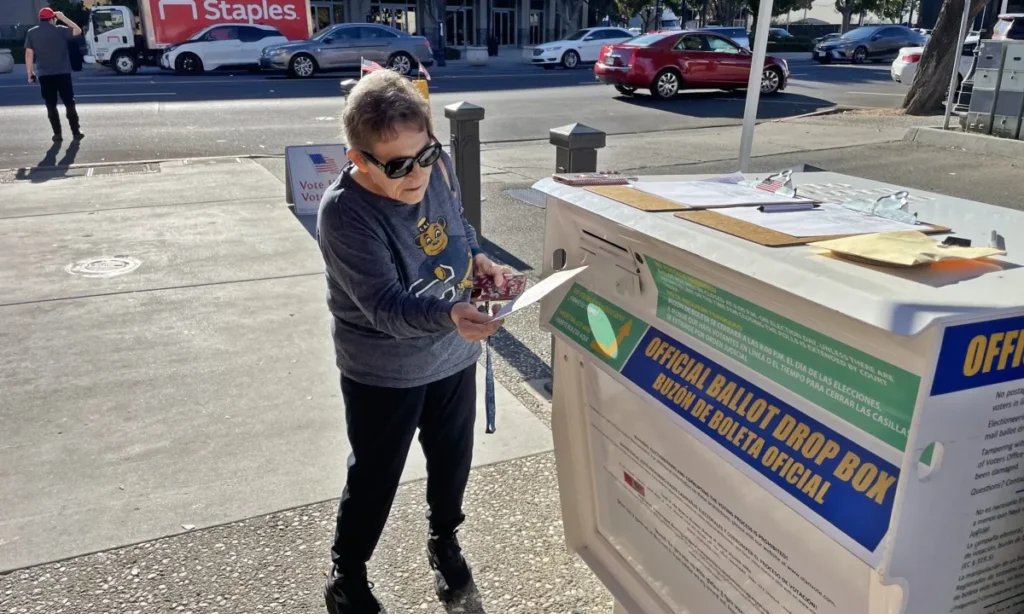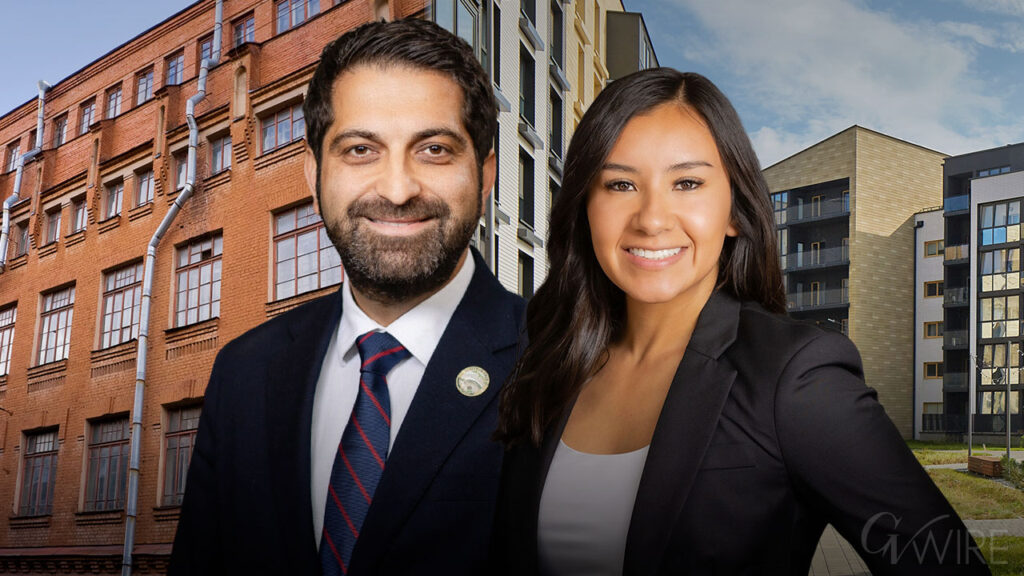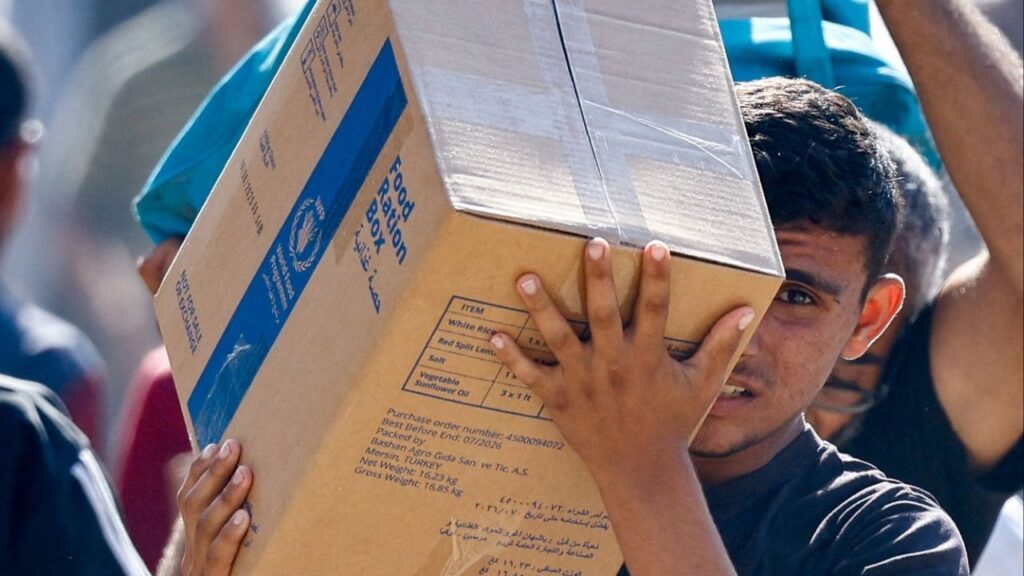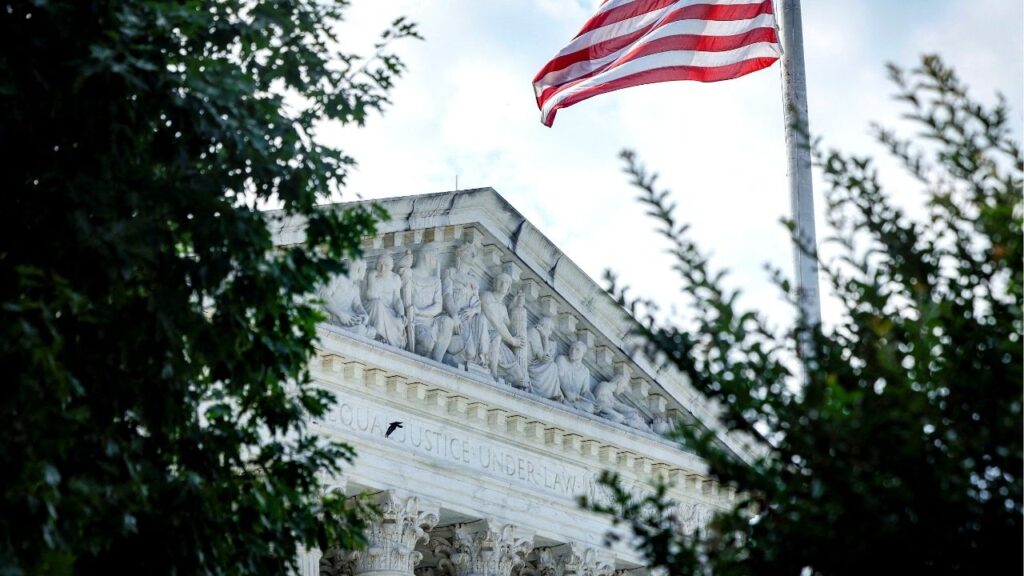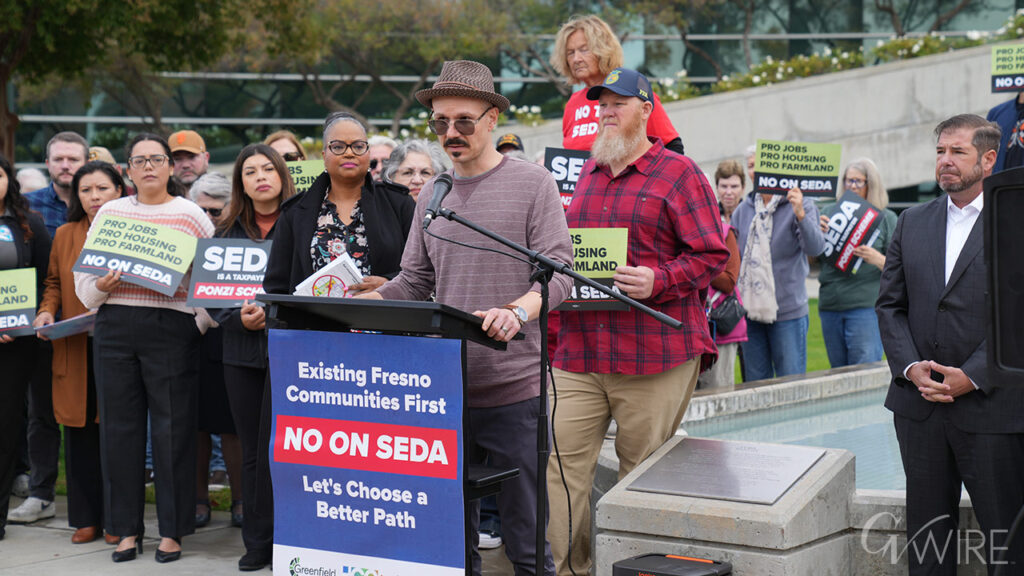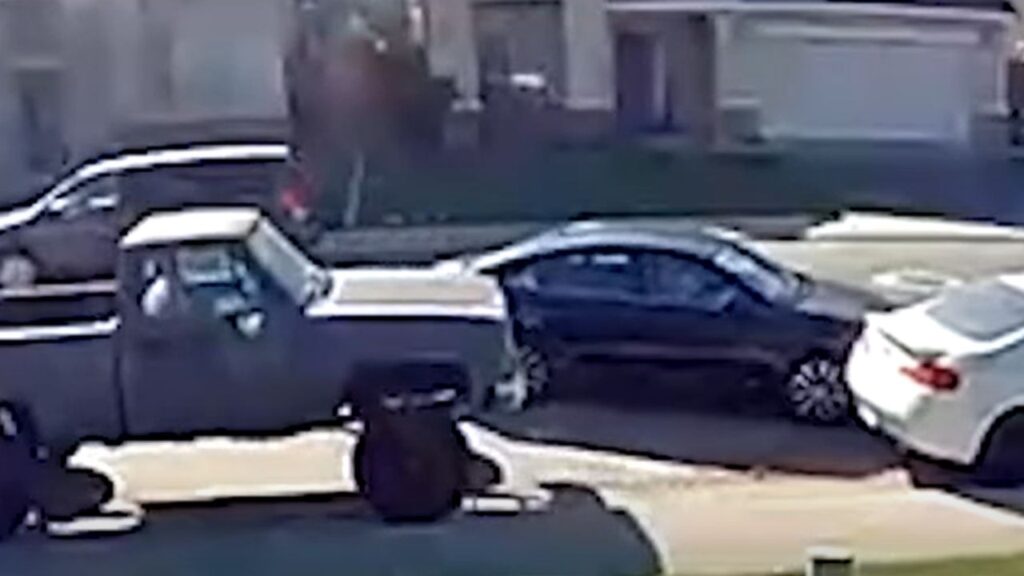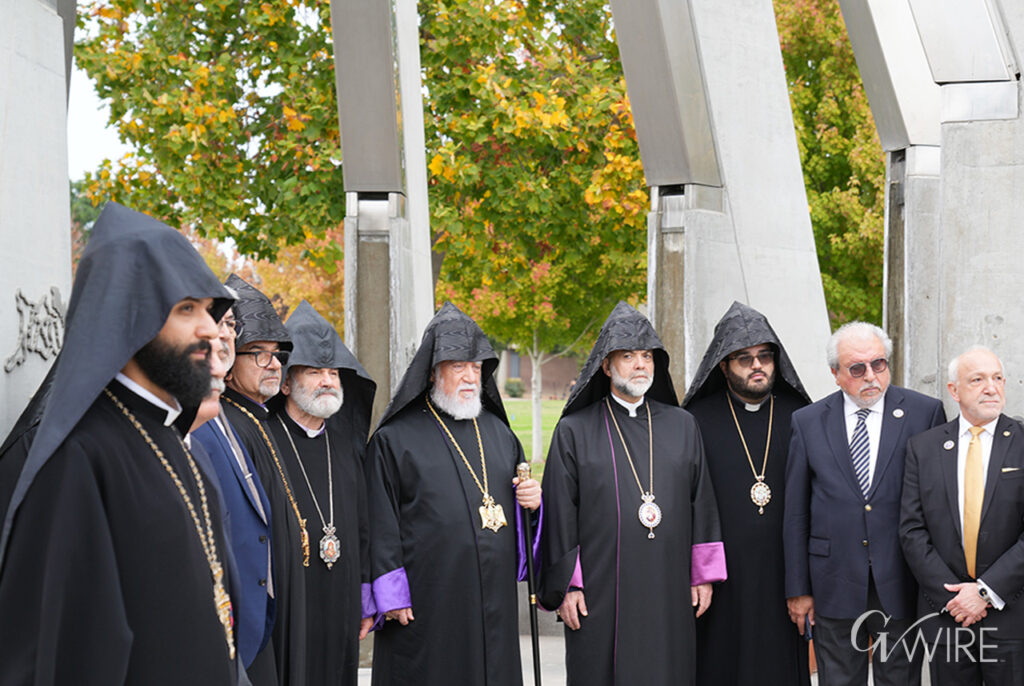Fresno's Juneteenth Freedom Run/Walk, honoring the delayed emancipation of enslaved people in Texas, includes a 5-mile race funding scholarships, followed by a cultural festival at Valdez Hall with performances and vendors celebrating Black culture. (GV Wire Composite/Paul Marshall)

- The 5-mile Juneteenth Freedom Run/Walk in Fresno is twice the distance Opal Lee walked to promote making Juneteenth a holiday.
- Participation fees fund scholarships for college-bound youth and community service projects, with additional fitness promotion scholarships.
- The Juneteenth Festival at Valdez Hall will feature performances, including a Michael Jackson tribute and comedian Jay Lamont.
Share
|
Getting your Trinity Audio player ready...
|
“The 5-mile run distance is twice the length that Opal Lee, the 96-year-old who is known as the “Grandmother of Juneteenth” walked to collect signatures to make Juneteenth a holiday,” note organizers of Fresno’s Juneteenth Freedom Run/Walk. “The initial 2.5 miles were a symbol that, in Texas, ‘the enslaved didn’t know they were free until two and a half years after the emancipation.’ ”
Before the race begins Saturday morning at Woodward Park, participants will learn about Juneteenth and Opal Lee.

“Juneteenth is the equivalent of the 4th of July for the Black community,” race director Carmen Mendoza said. “It is an exclamation point to the end of slavery.”
Participation in the run or walk costs $55 for adults and $20 for those under 18. All proceeds fund scholarships for college-bound youth and community service projects.
Related Story: The Story Behind Juneteenth and How It Became a National Holiday
In addition, fitness promotion scholarships will be awarded to organizations that promote health and running and have 20+ members on their teams. Some organizations they work with include East Kaunas, Black Girls Run, Game Changers, and Fresno State Black Alumni Association.
Mendoza shared the importance of these partnerships, particularly what the Freedom Run has been working toward with Game Changers.
“Trying to diversify the field of run coaching. Encouraging women to come out and see somebody who looks like them training and being out there during the races. It’s not something that’s highlighted, but it’s something that, across the country, is kind of an issue,” she said.
Medals will be awarded to the top three men and women in each age group. Additionally, all who finish will receive a tech shirt, a finisher’s medal, and a pancake breakfast. To participate, sign up here.

The Juneteenth Freedom Run will be held Saturday at Woodward Park. Enter from the NE entrance (N Fort Washington Rd & N Friant Road). Use the kiosk to pay the $5 for parking once you find a spot. (Juneteenth Fresno Run/Walk)
Juneteenth Festival at Valdez Hall
Fresno Juneteenth will also hold a walk from the African-American Museum to Valdez Hall, where a celebration of Black culture will take place 12 p.m. to 6 p.m. on Saturday. A variety of performers will take the stage, including a Michael Jackson tribute and comedian Jay Lamont. There will be dance performances, a drum performance, and a fashion show. Eighty vendors will be stationed around the venue.
The Valdez Hall celebrations continue on Sunday with more musical and dance performances and another fashion show from 12 p.m. to 6 p.m.
That next weekend, on Sunday, June 23, the Bethesda Churches, at 3723 E. Dakota Ave, will hold a Juneteenth Friends & Family Day Celebration, 1 p.m. to 4 p.m. The celebration is soul food themed and will include speakers, dancers, and vendors.
The History of Juneteenth
Juneteenth celebrations have gained widespread influence throughout the U.S. in recent years amid nationwide protests focusing on the mistreatment and unfair killing of Black people, some by police officers.
However, many black Americans have celebrated Juneteenth for decades with a cookout, a parade, a community festival, or a soulful rendition of “Lift Ev’ry Voice and Sing.”
And, as Juneteenth celebrations have become more popular, they’ve also become multiracial. Americans from diverse backgrounds increasingly are acknowledging the struggles of Blacks for social equity while also celebrating Black culture and the progress Blacks are making.
Juneteenth marks the day on June 19, 1865, that Union soldiers told enslaved African Americans in Galveston, Texas, that the Civil War had ended and they were free. The Emancipation Proclamation freed the slaves in the South in 1863 but it was not enforced in many places until after the end of the Civil War in 1865.
RELATED TOPICS:
Categories
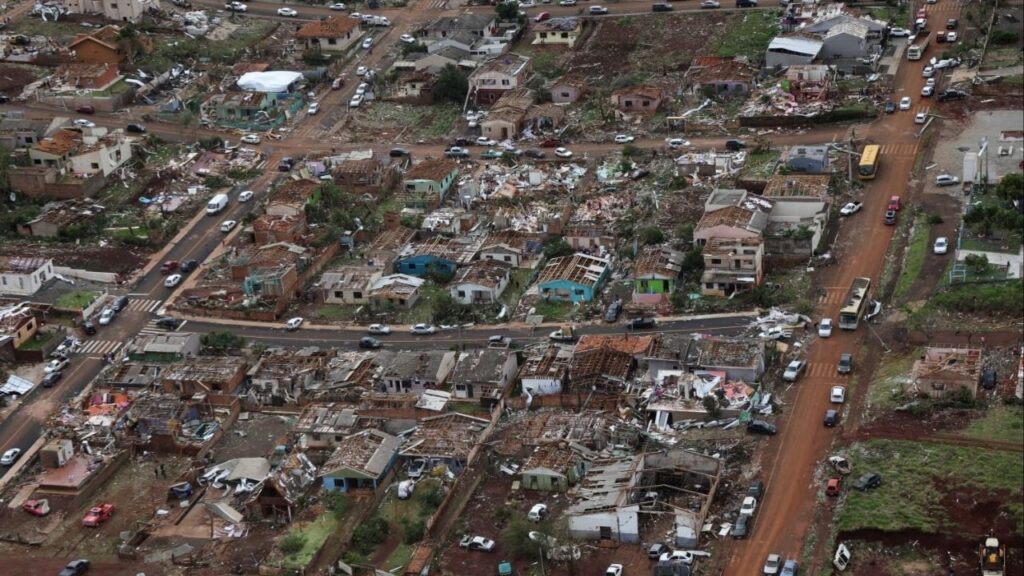
Tornado in Southern Brazil Kills Six, Injures Hundreds
